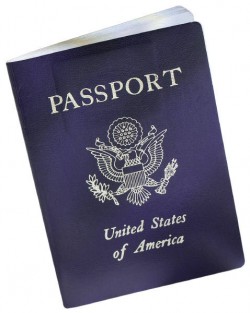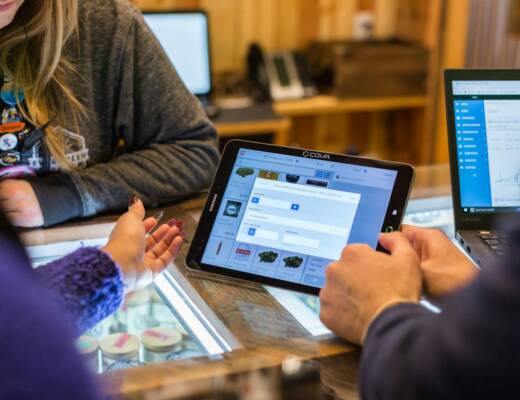 Remember all those school trips that you would beg your parents to let you go on?
Remember all those school trips that you would beg your parents to let you go on?
It turns out it wasn’t only fun and games. The results of an online poll suggest those trips could have been the key to the future success of entrepreneurs and business leaders.
According to the Brightspark Edu-Travel Report, 94 percent of American business leaders believe being well traveled translates into a competitive advantage in the workplace.
The survey discovered student travel encouraged these future leaders to test their independence and character. All but one percent of respondents felt being more culturally aware provided them with opportunities for success in all facets of adulthood.
Leadership skills learned through educational travel helps students better navigate their way around the schoolyard and can also be parlayed into other areas of life as they mature. It provides a safe framework for youth to sharpen their independent thinking and communication skills, while allowing them to step outside their comfort zone, take some risks and try new things.
Student travel immerses kids into a local culture and way of life in a new city or country, and these opportunities foster an acceptance and appreciation for cultural differences, that in a globally informed society are invaluable characteristics to have. Traveling also allows people to connect over recollections.
It’s a great networking tool; it’s hard to forget the name of a colleague who also experienced the emotional impact of walking along the beaches of Normandy, or participated in the Macy’s Thanksgiving Day Parade.
Ninety-seven percent of respondents said they “were extremely appreciative” of their student travel experiences, and agreed that it had a lasting impact on their lives. An on-the-spot education in time management, teamwork, problem-solving and communication, educational tours allow youth to weigh the rational versus irrational, identify goals and collectively find solutions.
Interestingly, the poll also found women who traveled as students were significantly more likely than their non-traveling counterparts, to be happier and have greater success with their investments and family. The majority of women who had traveled as youngsters gave themselves 5 out of 5 on family, and overall happiness. In contrast, the majority of those who hadn’t traveled scored lower with 4 out of 5 in both categories. Similar patterns surfaced for success with investments and social connections.
Exploring different cultures, gaining new perspectives and stepping out of comfort zones, travel creates powerful learning experiences for youth by expanding the classroom into the real world.
So next time your child comes home with an educational tour permission slip, don’t think twice. Sign it and let your kid embark on an adventure – you may just be encouraging a brighter, more successful future for them.
For more information on The Brightspark Edu-Travel Report please visit: www.brightsparktravel.com




